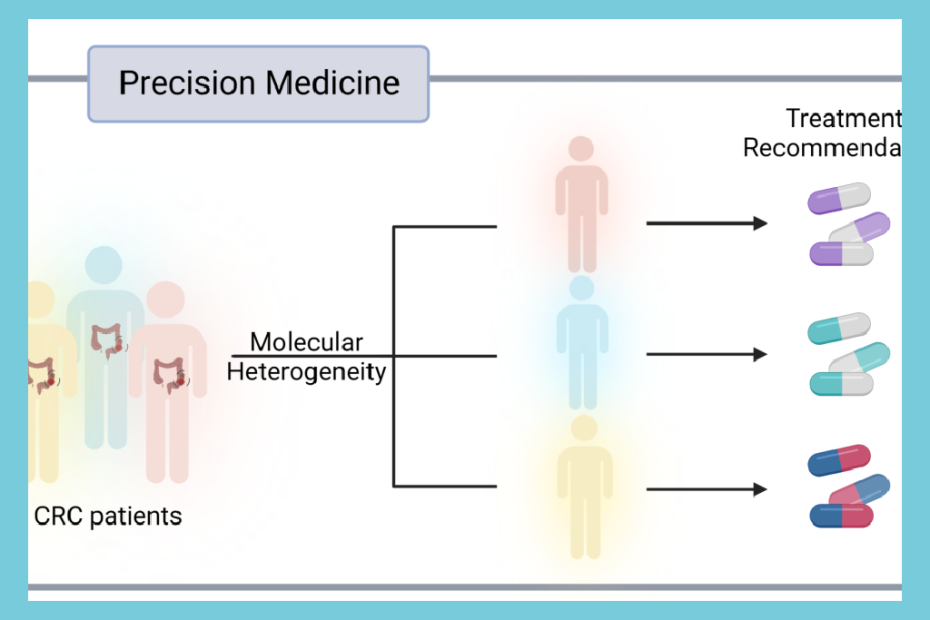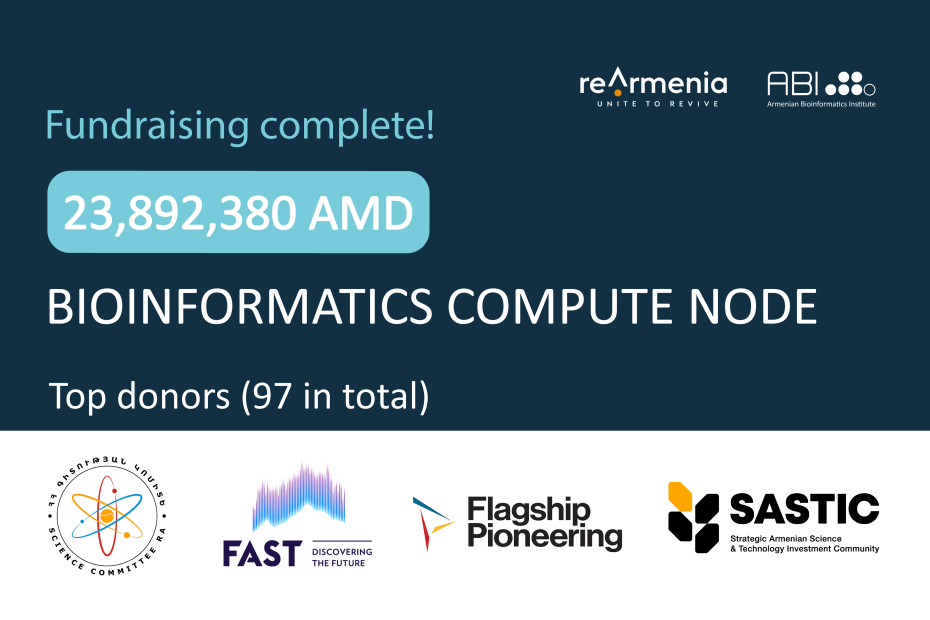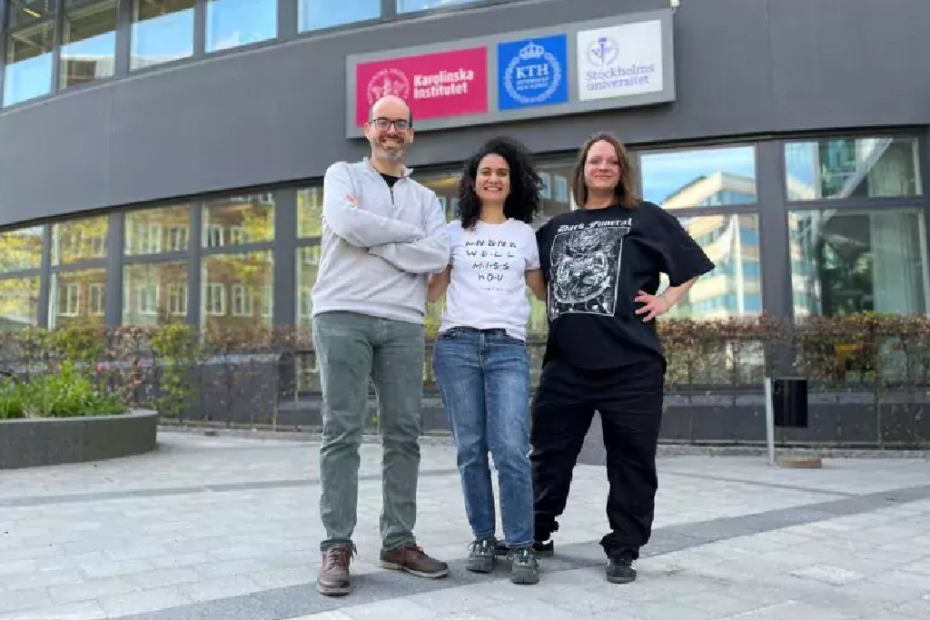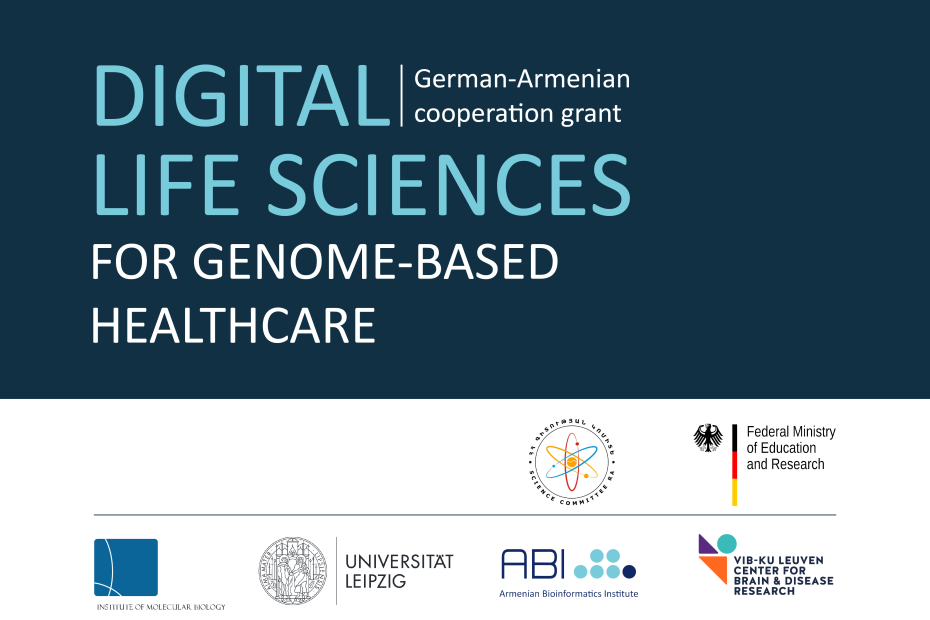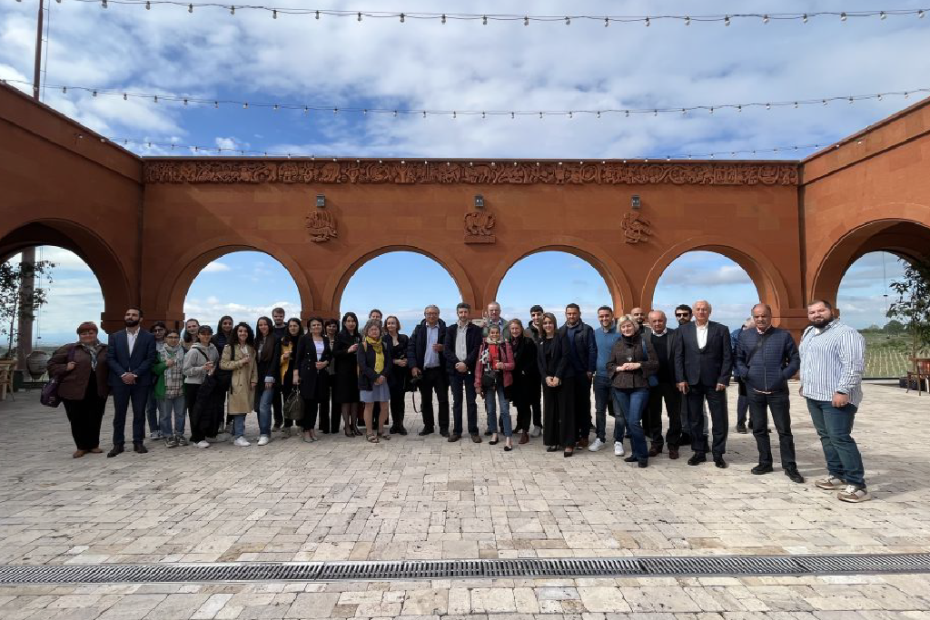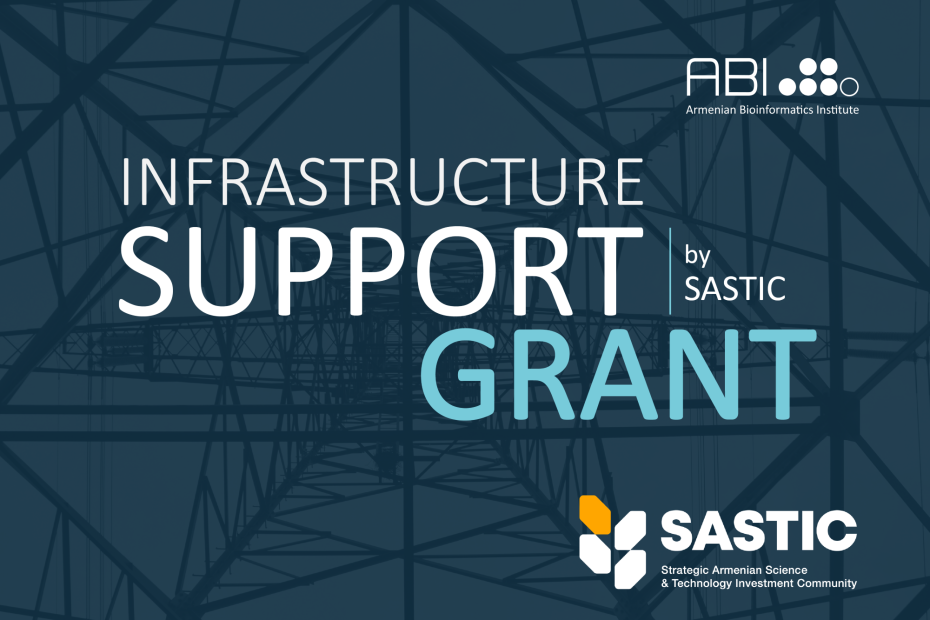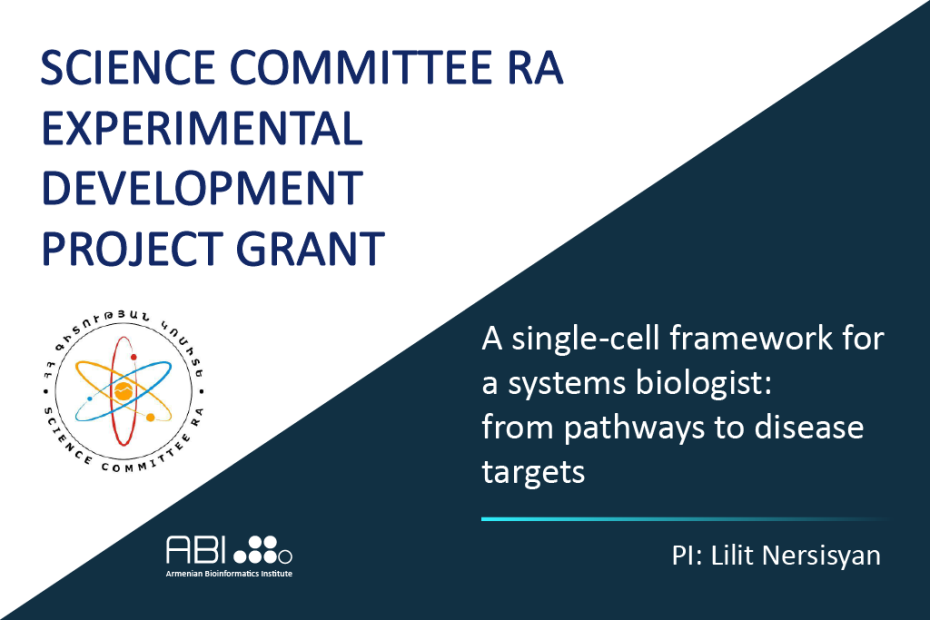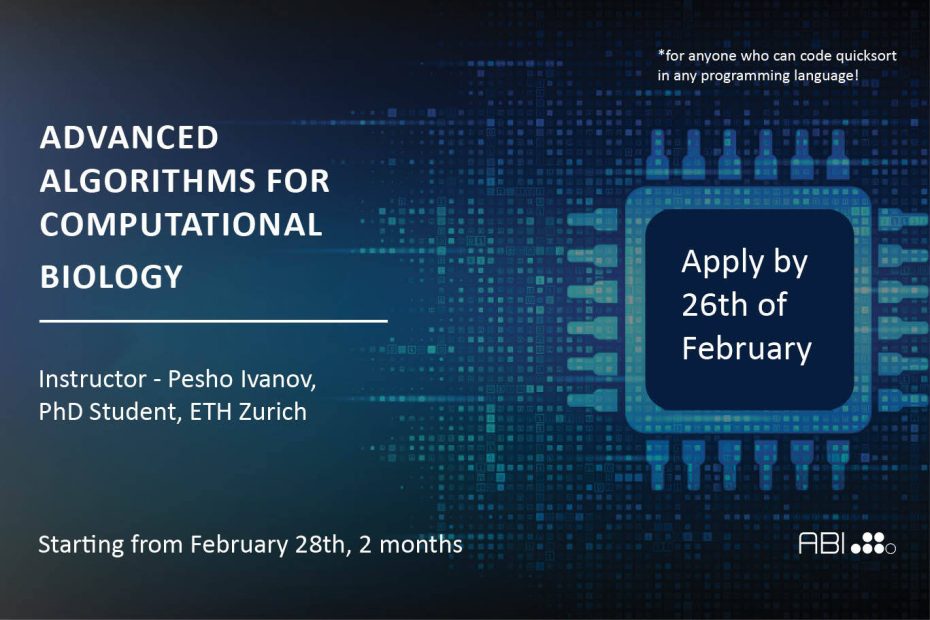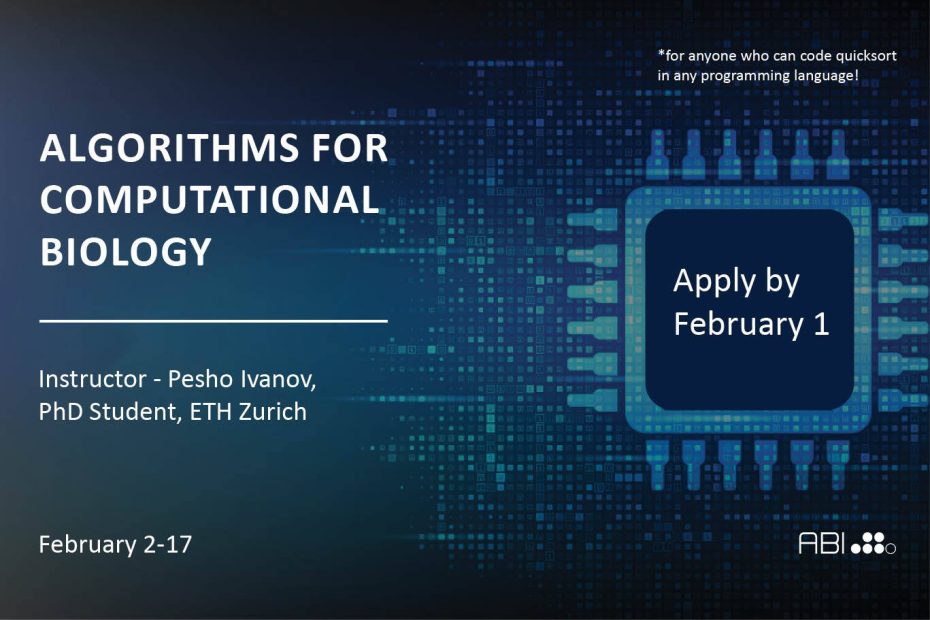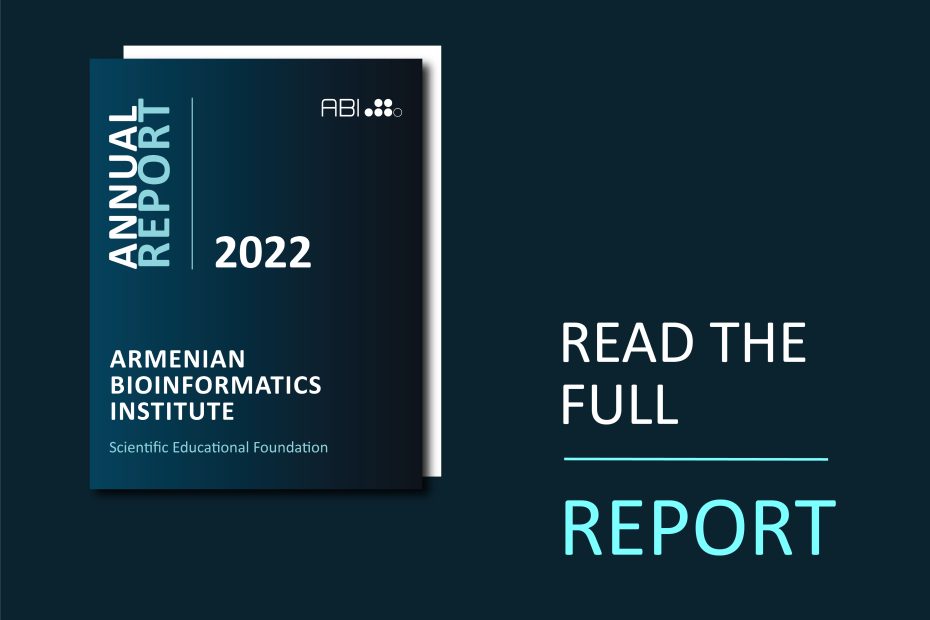An editorial by Dr. Hans Binder and our researcher Susie Avagyan has been published
Congratulations to Dr. Hans Binder and our researcher Susie Avagyan on their Editorial Publication! We are thrilled to celebrate their achievement in publishing their editorial titled “Subtyping or not subtyping—Quo vadis for precision medicine of colorectal cancer.” The article provides an overview of existing approaches to identifying biologically and clinically distinct subtypes of colorectal cancer, one of the most lethal and genetically complex cancer types, and discusses the perspectives of… Read More »An editorial by Dr. Hans Binder and our researcher Susie Avagyan has been published
